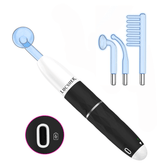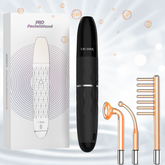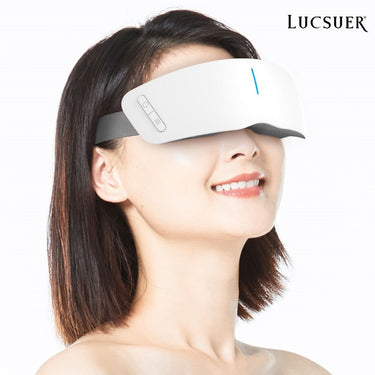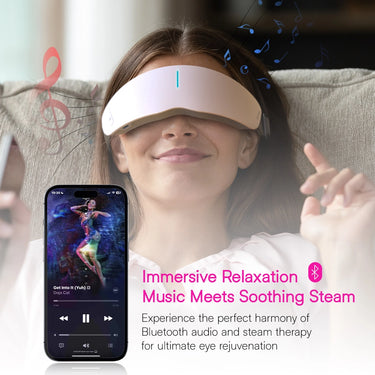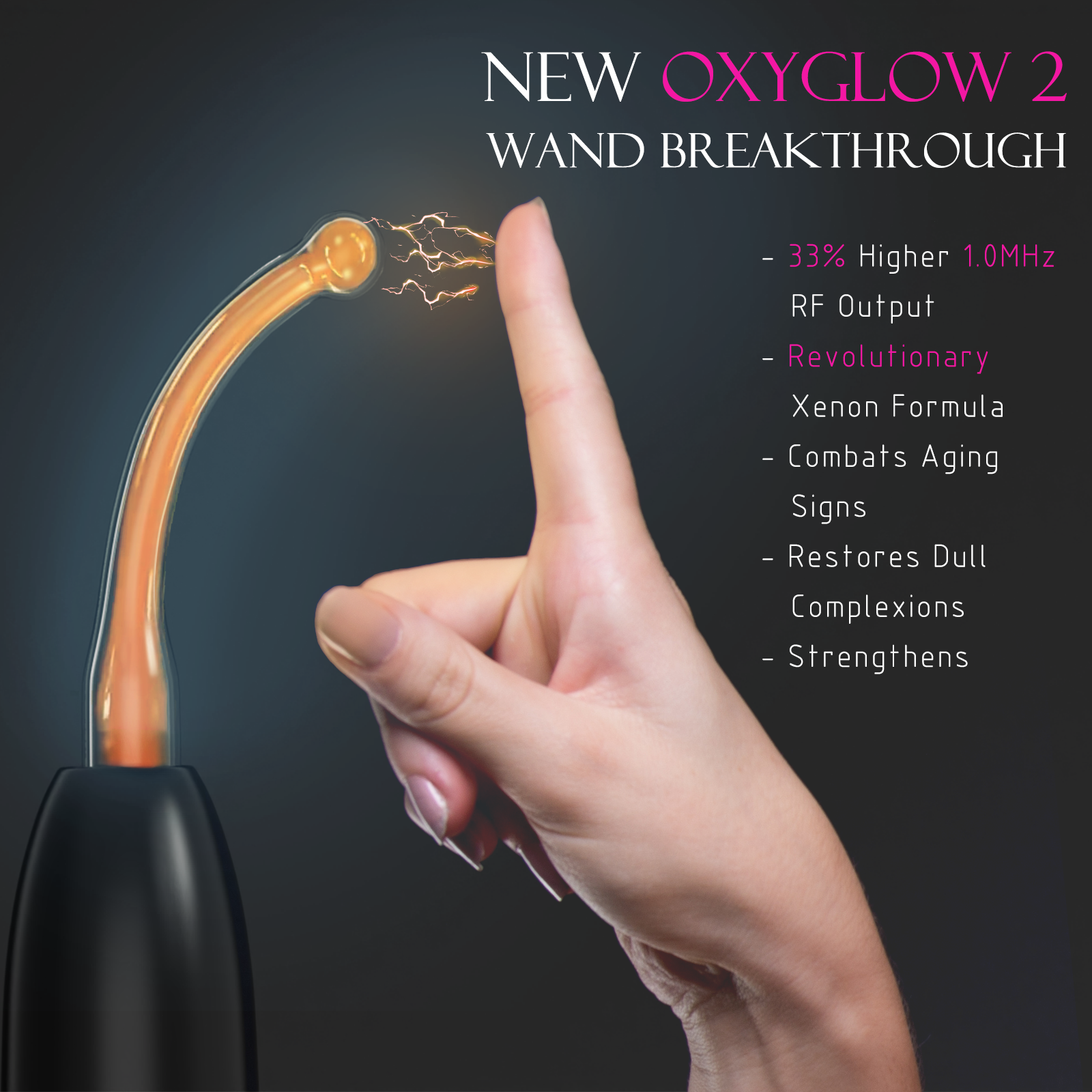Introduction
From high-tech facial massagers to light therapy masks, beauty devices that promise the fountain of youth fill store shelves and Instagram feeds. With appealing claims of smoothing wrinkles, tightening skin and reversing aging, these gadgets have captured the wallets and imaginations of consumers. But is the reality just as rosy? In this blog, we’ll dig into the cold hard facts behind beauty devices - no hype allowed. You’ll learn how (and if) they work on a scientific level, which technologies show real promise, and smart tips to shop for products backed by evidence, not just influencer promotions. Read on for an inside look at anti-aging skin solutions.
The Rise of Beauty Tech
First, what fuels the craze for beauty-enhancing at-home gadgets? A key driver is consumer desire for professional-grade treatments outside the medspa or dermatologist’s office. Devices that use technologies like radiofrequency, microcurrents and blue light offer non-invasive ways to potentially improve skin concerns linked to aging. The convenience factor makes them enticing alternatives to in-office treatments requiring repeat visits. Major brands have taken note, rolling out sleek new product lines with premium price tags, promoted by celebrity influencers. But are the dramatic effects shown in commercials more science or science fiction? To find out what’s behind the magic, let’s unpack what these devices actually do.
How Do Beauty Devices Work on Skin?
One reason beauty devices inspire such curiosity is that few people understand the mechanisms inside these space-age gizmos. Here’s a simplified breakdown of five key technologies:
-
Radiofrequency uses electromagnetic waves to heat deeper skin layers, boosting collagen and elastic fibers.
-
Microcurrent mimics the body’s bioelectric currents to tone facial muscles.
-
EMS (Electric Muscle Stimulation) contractions firm slackened skin.
-
Blue and red LED light may reduce inflammation, improve cell communication.
-
High-Intensity Focused Ultrasound (HIFU) transmits targeted ultrasonic waves to lift and tighten.
While early trials show promise, more research is still needed on optimal treatment protocols for long term improvements. But one key fact is clear - no device can permanently stop aging. Maintaining results requires healthy skin habits.
Evaluating Real-World Efficacy
So what do dermatologists and users generally see from leading beauty devices? Outcomes vary based on technology, product quality and managing expectations realistically. Radiofrequency, microcurrent and light therapies tend to gradually refine skin texture and tone over 6-12 weeks when used properly for one’s skin type. However, drastic face-lifting claims are heavily exaggerated. And even well-made tools don’t benefit all people equally based on differences like age and genetics. This makes it essential to consult your dermatologist, understand possible side effects and approach new gadgets conservatively regardless of persuasive marketing tactics.
The Fine Line Between Innovation and Gimmicks
Next let’s scrutinize whether some devices cross into “too good to be true” territory. The beauty tech sector, like the traditional cosmetics industry, has seen its share of pseudo-scientific formulas, phantom technology and straight-up scams. Clever brands bank on the average consumer’s lack of specialized medical knowledge. Some ominously vague descriptions like “nanotechnology” and “proprietary complexes” should raise eyebrows when actual research data isn’t presented. Outlandish before-and-after images can also signal more sizzle than substance. The most trustworthy companies clearly explain their products’ evidence-based origins and realistic capabilities. With a discerning eye, we can appreciate cutting-edge skin science without falling for clever illusions.
Smart Shopping to Avoid Beauty Blunders
While the beauty tech boom opens up innovative possibilities, everyone’s skin and budget differ. There’s no “miracle” device meeting all needs. As you evaluate options, keep these tips in mind:
-
Verify specific claims by checking for published studies in reputable journals showing a product’s safety and efficacy.
-
Comparison shop across brands and models using parameters like treatment areas, ergonomic design and battery runtime.
-
Seek in-depth reviews analyzing strengths versus weaknesses to identify the best value for different lifestyles.
-
Test trial periods when possible to gauge personal compatibility before fully committing.
The Future of Beauty Tech
As developers fine-tune advanced devices for better, faster anti-aging effects, it’s an exciting time in aesthetics. But just like traditional skincare, finding your perfect match takes savvy navigating between groundbreaking discoveries and gimmicky fads. Prioritize science-backed technologies suiting your maturity level and treatment goals. With discernment separating hype from fact, you can harness innovative tools for youthful gains.
We’ve dug through the data around today’s chic beauty devices - no easy feat with all the glittering promises competing for our attention. Just remember great skin starts from within, then works its way out. Consistent healthy habits, not gadgets alone, sustain lasting radiance as we progress through life’s chapters - wrinkles and all. But backed by biology, targeted high-tech therapies could turn back aesthetic time in measure. Through a lens balancing optimism with objetivity, the future looks bright for aging gracefully.
